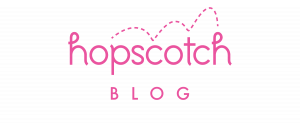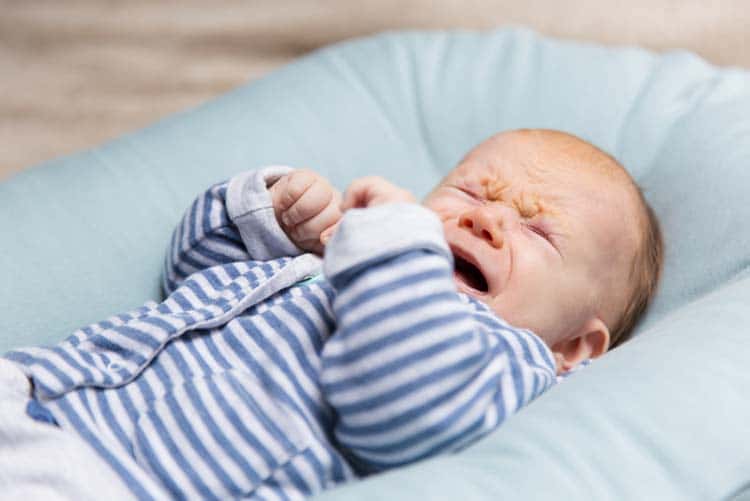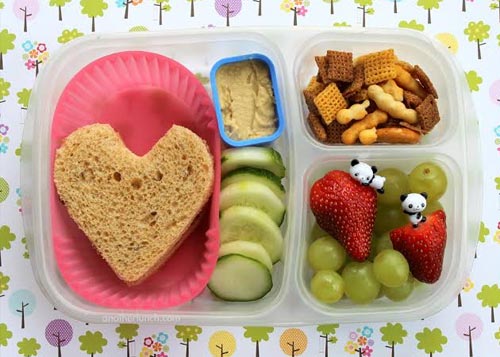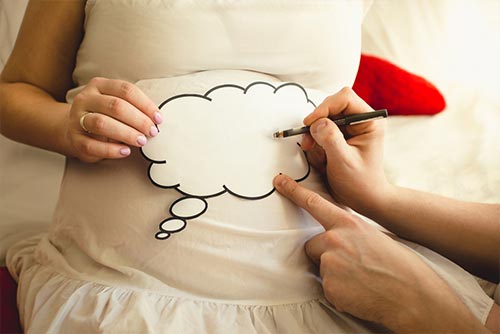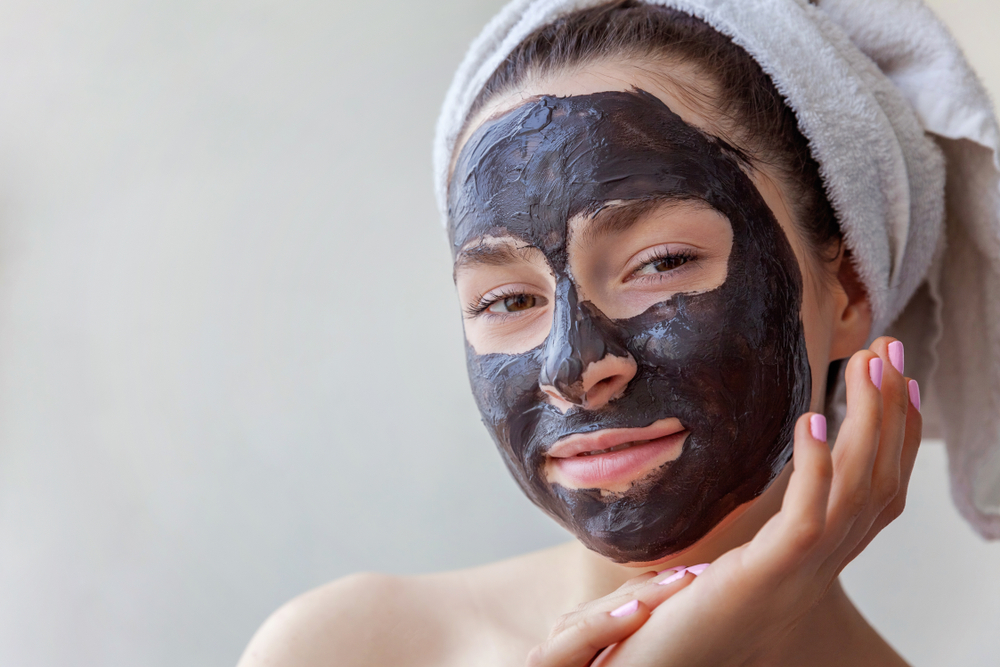
Most of us know why kissing a baby is harmful to the baby. The obvious reason being newborns are vulnerable to diseases because they do not have a fully developed immune system. Also, they are not vaccinated for all ailments yet, which means that a gentle kiss could be potentially deadly. Added to this is the fact that you could pass on harmful germs that are resting on your body and clothes to the newborn.
This may seem like common knowledge but let’s dig deep into what are the risks of kissing a baby, what symptoms parents should watch out for and the precautions to be taken by parents.
Risks of kissing a baby

Newborns need affection for proper growth. It is not wrong to kiss your baby but you should be wary of the risks involved not only for caution, but also so that you can advise visitors accordingly. Rule number 1 when it comes to kissing the baby is to never kiss a baby near its mouth. The risk of passing on germs and diseases increases by doing that.
So, let’s quickly get into what the actual risks of kissing a baby are:
- Cold sores: I could call this the most dangerous of the lot. If a person is suffering from cold sores, also known as oral herpes and fever blisters, he or she could pass it on to the baby even if he or she gives just a peck on the hand. The ailment is caused by HSV 1 (Herpes Simplex Virus Type 1) and starts off with blisters around the lips and mouth and then spreads to the cheeks and chin. Not so long ago, a couple in Iowa lost their 18-day-old baby to this deadly disease that was believed to be transferred with a kiss. So keep your newborn away from anyone who has been diagnosed or has symptoms of cold sores.
- Respiratory illnesses: The lungs take about 8 years to fully develop so you can only imagine how tiny and underdeveloped the respiratory system of a newborn is. Any sort of respiratory illness virus transferred to the newborn by kissing could prove hazardous. The infection could cause swelling in the very tiny air tubes of the baby’s lungs and make breathing difficult for him or her.
- Kissing disease: Mononucleosis, also commonly referred to as Kissing disease, is an infection that is caused by kissing. It is highly contagious and has no cure. The only way this can be cured is when the child’s immune system is strong enough to fight it.
- Hand, foot and mouth disease: This disease can result in sores around the baby’s mouth and all over his or her body. Any sort of contact, including a kiss, can lead to the spreading of this disease.
- Cavities: We know that high sugar intake and not maintaining oral hygiene can cause cavities. As new parents, we should also be aware of the fact that a bacteria named Streptococcus Mutans can be transferred through the saliva of a person who suffers from cavities to the newborn. While kissing a baby could lead to the transfer, even simple things like blowing on food to cool it down for the baby could lead to this.
- Risk associated with skincare products: Many adults use skincare products. While we are immune to the immediate risks these products carry, the same is not the case with babies. These products contain toxic chemicals that could cause severe skin issues in the baby or even put him or her at the risk of cancer. You should also note that a newborn could have a spontaneous allergic reaction to any element used in your lipstick or lip balm.
Symptoms parents should watch out for

While taking the necessary precautions, the best things parents can do is watch out for any or all of these symptoms.
- Fever in the first month
- Sore throat
- Blisters
- Breathing difficulty
- Vomiting
- Diarrhoea
- Poor feeding
- Weight loss
- Rashes
- Decreased urination
- Long naps
- Seizures
- Non-stop crying
- Irritable behaviour
Precautions to be taken by parents

Here are a few simple but necessary precautions to be taken by parents to keep their newborn safe from infections and diseases.
- Stick to the vaccination schedule strictly and do not skip or forget any of the vaccinations.
- Always wash your hands when you hold a baby. Children and teenagers especially should be advised to wash their hands before they touch a baby because the baby’s gut bacteria is still developing.
- People who have any respiratory disorder or contagious diseases should maintain a safe distance from the baby.
- Inform visitors about the precautions to be taken to keep the baby safe.
- Bathe your baby regularly.
- Maintain the personal and oral hygiene of the baby.
- Always keep your baby fresh. Use fresh wipes as and when required.
What is your take on kissing a baby, a newborn baby that too? Let’s discuss this further in the comments section below.
